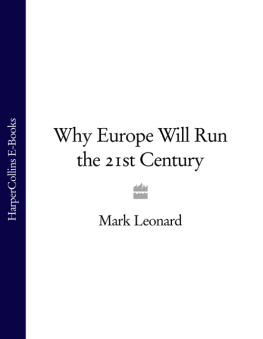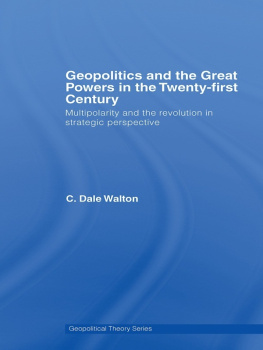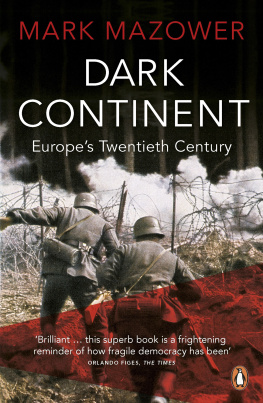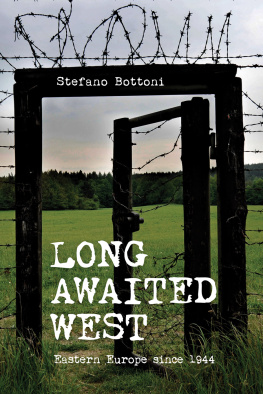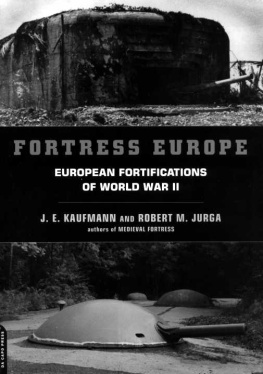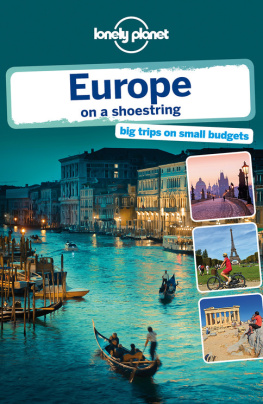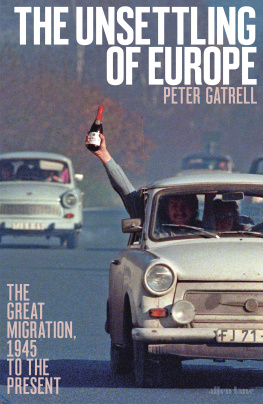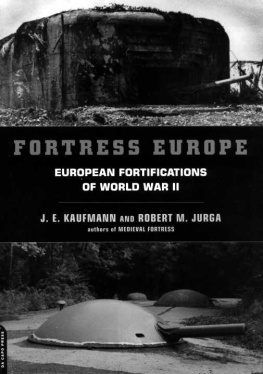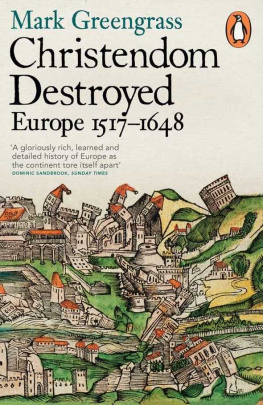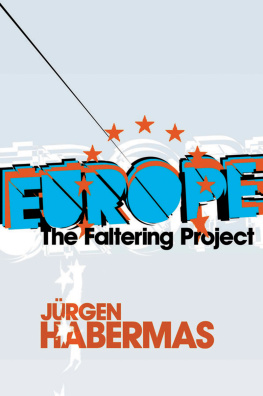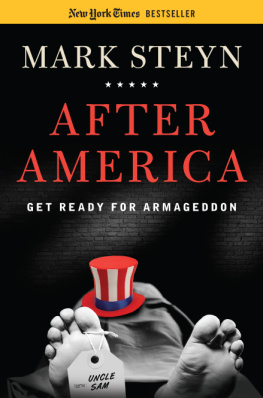For Dick, Irne, Miriam and Gabrielle
INTRODUCTION
The Power of Weakness and the Weakness of Power: Why Europe Will Run the Twenty-First Century
In the middle of Pennsylvania Avenue in Washington a middle-aged woman with a weather-beaten face and a brown wig sits on a milk crate. Surrounded by hand-painted placards calling for nuclear disarmament, Concepcion Picciotto hands out her cheaply produced leaflets to any passer-by who will stop to listen. This remarkable woman has been holding a vigil outside the White House day and night for twenty-one years sleeping, in a sitting position, for just three hours a night, so as to avoid breaking the stringent DC vagrancy laws. It is impossible not to be moved by her conviction and moral rectitude; it is equally impossible not to be depressed by the futility of a cause that has robbed her of the best years of her life.
It does not take long for most Americans to figure out that Concepcion is European. Like Concepcions faith in world peace, they see Europes belief in international institutions and the rule of international law as weak and unworldly a luxurious delusion which post-9/11 America can no longer afford. In fact for many, Concepcion represents the distilled essence of the European position: lazy, free-riding, idealistic, and weak. She lives on American handouts of money and food, and enjoys the protection of the Washington Police Department without contributing a cent to pay for its upkeep. And yet she has the temerity to sit at the gates of the White House and complain about the manner in which her providers and protectors choose to conduct themselves.
What is more, many Europeans would agree. The conventional wisdom is that Europes hour has come and gone. Its lack of vision, divisions, obsession with legal frameworks, unwillingness to project military power, and sclerotic economy are contrasted with a United States more dominant even than Rome at the height of the imperial republic, and not afraid to use force to get its way. We are told that if the American Empire is set to dominate the next fifty years, it is the Chinese and Indians who will take over the baton and dominate the second half of the century.
But the problem is not Europe it is our outdated understanding of power.
The Weakness of Power
For all the talk of American Empire, the last two years have been above all else a demonstration of the limits of American power. Americas economic lead over the rest of the world has disappeared (in 1950 its GDP was twice the size of Western Europes and five times Japans; today its GDP is the same size as the EUs and less than double that of Japans Both are declining currencies.
Terrorism and weapons of mass destruction allow the desperate and weak to neutralize the superpowers military machine.empire flouts its strength, the less it is able to achieve its goals on the world stage.
To understand the shape of the twenty-first century, we need a revolution in the way we think about power. The overblown rhetoric directed at the American Empire misses the fact that the US reach militarily and diplomatically is shallow and narrow. The lonely superpower can bribe, bully, or impose its will almost anywhere in the world, but when its back is turned, its potency wanes. The strength of the EU, conversely, is broad and deep: once sucked into its sphere of influence, countries are changed forever. For fifty years, under the cover of an American security blanket, Europe has been creating a community of democracy and using its market size and the promise of engagement to reshape societies from the inside. As India, Brazil, South Africa, and even China develop economically and express themselves politically, the European model will represent an irresistibly attractive way of enhancing their prosperity whilst protecting their security. They will join with the EU in building a New European Century.
The Power of Weakness
If you put the words Europe and crisis into the internet search engine Google, over four million entries come up. Newspapers have used them together so often that they are almost interchangeable: on any day over the last fifty years there have been stories of divisions, failure to meet targets, diplomatic wrangles, a perpetual sense of failure. But historians tell a different story from journalists. They describe a continent with one of the most successful foreign policies in history. They tell us that, in just fifty years, war between European powers has become unthinkable; that European economies have caught up with America; and that Europe has brought successive waves of countries out of dictatorship and into democracy.
When they look at a map of the world, they will describe a zone of peace spreading like a blue oil slick from the west coast of Ireland to the east of the Mediterranean; from the
Because news is told by journalists rather than historians, European power is often confused with weakness. But when a country like Russia signs the Kyoto Protocol on green-house gas emissions in order to smooth relations with the European Union; when Poland reverses decades of practice to introduce constitutional protection for ethnic minorities to be allowed to join the EU; when an Islamist government in Turkey abandons its own partys proposals for a penal code that makes adultery a crime punishable by law so as not to attract the ire of Brussels; or a right-wing Republican administration swallows hard and asks the UN for help over Iraq then we need to question our definitions of power and weakness.
We can see that a new kind of power has evolved that cannot be measured in terms of military budgets or smart missile technology. It works in the long term, and is about reshaping the world rather than winning short-term tussles. Europes power is a transformative power. And when we stop looking at the world through American eyes, we can see that each element of European weakness is in fact a facet of its extraordinary transformative power.
Europe doesnt flaunt its strength or talk about a single sustainable model of progress. Instead, like an invisible hand, it operates through the shell of traditional political structures. The British House of Commons, British law courts, and British civil servants are still there, but they have all become agents of the European Union. This is no accident. By creating common standards that are implemented through national institutions, Europe can spread its influence without becoming a target for hostility. While every US company, embassy, and military base is a terrorist target, Europes relative invisibility allows it to extend its global reach without the same provocation. The fact that Europe does not have one leader, but rather a network of centres of power united by common policies and goals, means that it can expand to accommodate ever-greater numbers of countries without collapsing, and continue to provide its members with the benefits of being the largest market in the world.
Europeans are not interested in classic geo-politics when they talk to other countries. They start from the other end of the spectrum: What values underpin the State? What are its constitutional and regulatory frameworks? Europes obsession with legal frameworks means that it can completely transform the countries it comes into contact with, instead of just skimming the surface. The USA may have changed the regime in Afghanistan, but Europe is changing all of Polish society, from its economic policies and property laws to its treatment of minorities and what gets served on the nations tables.
Europe doesnt change countries by threatening to invade them: its biggest threat is having nothing to do with them at all. While the EU is deeply involved in Serbias reconstruction and supports its desire to be rehabilitated as a European state, the USA offers Colombia no such hope of integration through multilateral institutions or structural funds, only the temporary assistance of American military training missions and aid, and the raw freedom of the US market.
Next page
